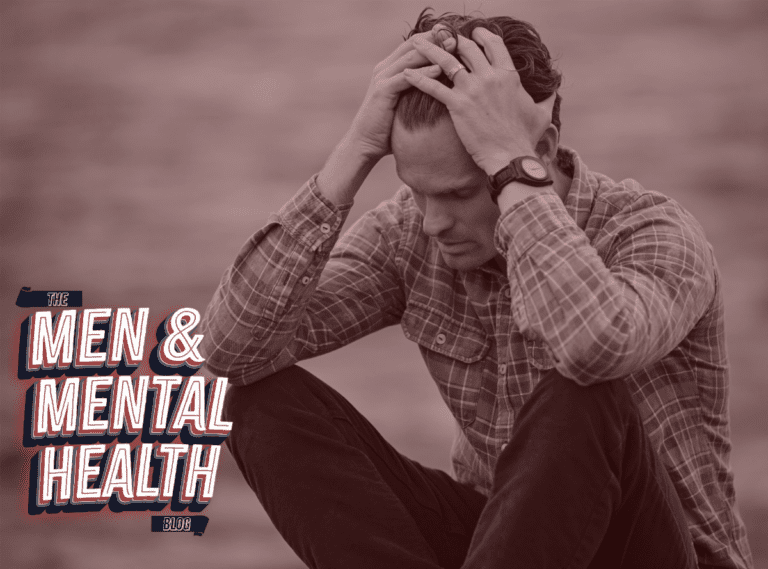There’s a pain in Dave’s chest that he can’t get rid of. He massages it constantly and has no clue as to why it hurts. He can’t sleep at night, and he feels tired all during the day, even when he does get some good sleep. Dave used to love bowling. He went every Wednesday and was usually the center of attention. Lately, even though no one can tell, he finds no pleasure in going bowling, talking with his friends or even playing with his children. Dave has a great life, yet he is not enjoying any of it. Although he is surrounded by people who love him, he feels completely alone.
Dave is experiencing some early signs of depression and anxiety. The stress from his work and home life show themselves in his chest pain and lack of sleep. Activities he used to find enjoyable are now just activities. Perhaps the most troubling thing is that no one recognizes Dave is depressed. He is going through it all alone and his mental health is expressing itself in how he physically feels.
Fortunately, more and more men are coming forward to talk about their mental health. The questions people are asking recently are: “why?” and “why now?” Did these problems come out of nowhere? Has something big happened? Or has it always been there?
How Do You Know: The Data
“What evidence do you have to support this?” Therapists say men have always struggled with mental health issues; it was just never societally appropriate to admit it to people. Perhaps it is because historically men have been the strong influence in society. They are the ones sent to war, the ones who hunt for meat and the ones others lean on in times of great distress. Men have adapted to this expectation and often fill this role, but it is not without consequences.
- 51.9% of men over twenty have hypertension, which can lead to heart disease, one of the three main causes of male deaths.
- Drinking has been a social aspect of male bonding for decades, but 30% of men in the last year had five drinks a day.
- One in ten men experience some form of depression and anxiety; suicide is four times more common in men than women.
- Suicide has increased to be the seventh leading cause of death in males.
(Data from the Centers for Disease Control and Prevention)
What Now?
Awareness is the first step towards change. As part of the solution, Good Dads will be consulting with professionals from all over the country who specialize in men’s mental health. Our desire is to make more men aware that their mental health matters for them and their families. We also want them to know there are practical, easy solutions to get them on the road to a healthy life.
Here are three things you can do now to help you on your mental health journey.
- Talk
It does not have to be in-depth. It does not have to be full of tears. If you can begin to talk about some of the thoughts, feelings or ideas floating around in your head, you just might relieve some of the pressure on your mind. Think of your mind like a pump and your mind is working overtime. Verbalizing what’s in your head can help you pull the relief valve and release some of the pressure.
- Engage
Loneliness is the kindling for despair. The more isolated you are, the easier it is for you to believe all the negative junk in your head. The more people you interact with, the more you are able to see what is real and what your mind is making up.
- Educate
Knowledge is power. The more you know about how your brain works, the easier it is to find solutions that work for it. You would not change your oil unless you watched a video or read a manual. Once you do have that knowledge, you feel empowered to change the oil and make sure your car is operating to its fullest potential. Your brain is the same way.
You are not alone on your journey. Men everywhere are realizing it is no longer beneficial to “shove our feelings deep down so they don’t bother us.” Stay tuned this year as we bring you specific, male-driven content designed to keep you connected and educated on your mental health.
About Author
Drew Dilisio is the Director of Counseling Services at Good Dads. He is a graduate of Evangel University’s Clinical Mental Health Counseling program, a husband and father. He can be reached for question or comment at [email protected].

